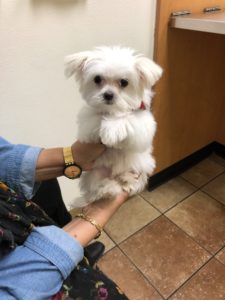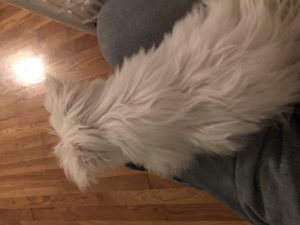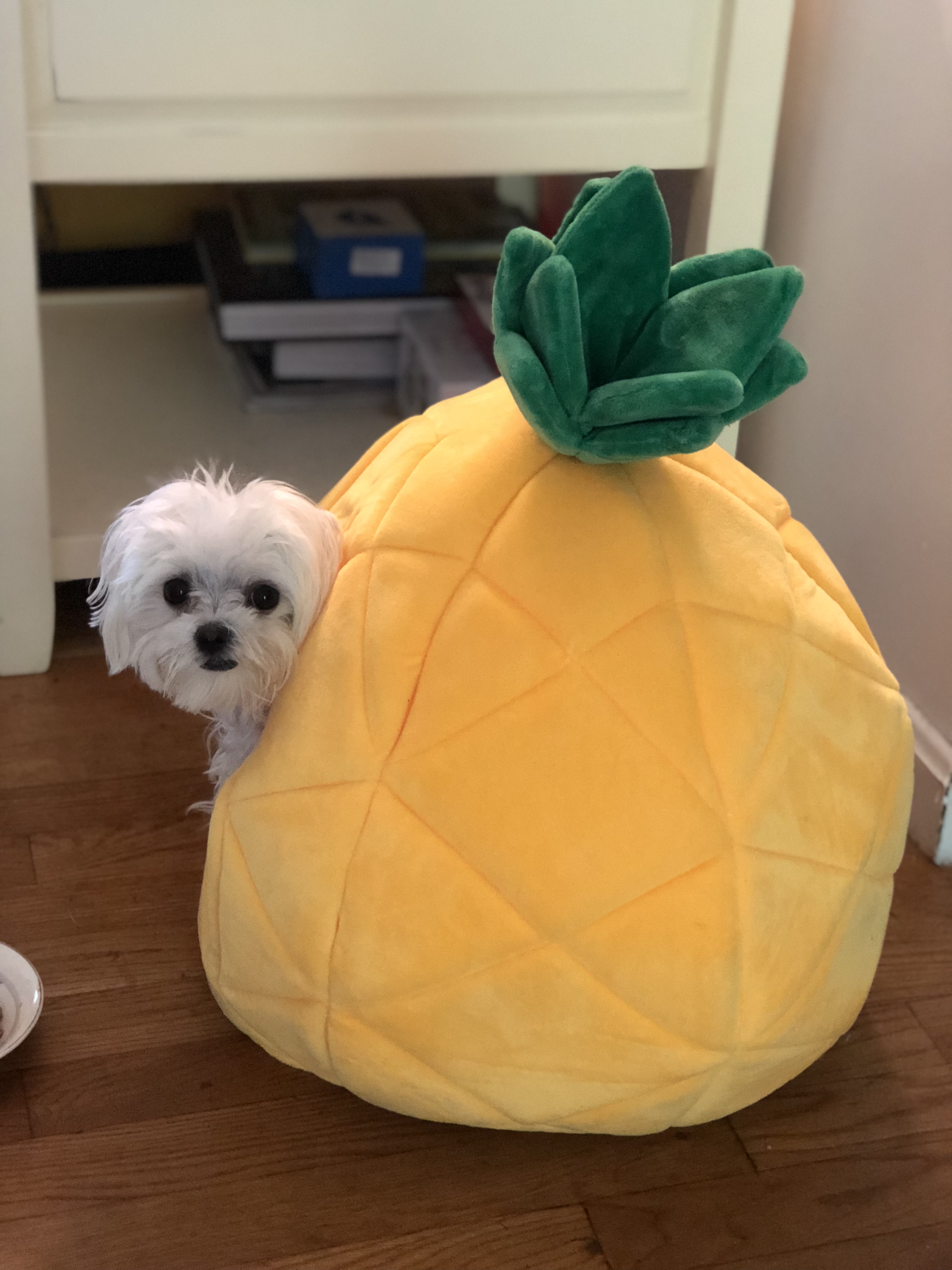Colitis
Overview
For a Maltese dog, Colitis is basically an inflammation of colon. Well, it by itself is not a disease. It is basically a disruptive of the colon functionality. It is also common among other toy dogs.

There are two kinds of Colitis, the acute type which is short episodes that last from 1 to 3 days.
The other kind is the chronic type, which means the recurring of the Colitis symptoms repeatedly over the years.
For information about the healthy food you can provide to your Maltese dog, check out this article
The most common signs include:
- Mucus : you will notice that Stools are laced with Mucus, in and around the stool.
- Gas : your Maltese will become gassy during bowel movement, this may be accompanied by stomach cramps and discomfort.
- Diarrhea : this is the most common symptom, where stool becomes loose, and may have blood in it.
- Vomiting : this comes as a secondary symptom to diarrhea.
- You may also notice, redness in the skin around the anus.
Causes
There are quite a few causes of colitis, some more common than others. This includes:
Parasites – A number of worms that are common for dogs may cause this. Including hookworms, roundworms, and whipworms .
Stress – Stress causes Colitis, when your dog feels that he needs to cope with change in surroundings, like when you leave him home alone, or when he moves to a new home
Reaction to medications – Most commonly this is a reaction to an antibiotic.
Ingesting an irritating food or element – This includes ingesting something off-limits

such as certain dairy products, grass, cat food, or people food (typically that which is fatty or greasy).
Dietary intolerance or food allergy
Viral infections including parvovirus
Bacterial infections including salmonella, campylobacter, E. coli, and clostridium.
Fungal infections including Histoplasma
Ingestion of toxins
Bowel cancer – Seen most often with senior dogs
Pancreatitis
Blockage – Most often caused by ingestion of a foreign object.
Diagnosis
There are many ways to diagnose:
- Rectal exam
- CBC (complete blood count) which includes checking for electrolyte disturbance and pancreatic enzymes.
- Chemistry testing to check levels of the kidney, liver, and pancreas, and blood sugar levels
- X-rays of the abdomen to rule out blockage, tumors, fecal impaction, and other abnormalites.
- Ultrasound to examine the digestive tract and surrounding organs
- Fecal tests – including a PCR panel which screens for campylobacter, canine parvovirus, giardia, cryptosporidium, clostridium, lawsonia intracellularis, salmonella, and canine enteric coronavirus
- If pancreatitis is suspected, fine needle aspiration of the pancreas may be performed
- Biopsy of the colon lining
Treatment
Symptomatic treatment: This sort of treatment is to offer relief from the diarrhea, cramping, and other symptoms while the underlying condition is being diagnosed.
- Bland diet. The idea is to offer a Maltese relief and allow his digestive system to rest. Most Maltese do not complain about this part, since appetite can already be low due to feeling unwell.
You’ll want to prepare meals with as few ingredients as possible. Typically one protein (white-meat, boneless, skinless turkey or chicken or low-fat beef) is mixed with one starch (rice, sweet potato, or canned pumpkin – use 100% pure pumpkin puree and not the pie filling).
Do not add any seasoning, butter, oil, or other additions. Mix well and serve warm.

- Topical : for irritated an anus area. An topical antibiotics may be given and/or topical creams to sooth red, sore skin.
Other treatment: Medications including Flagyl (metronidazole) which fights bacterial infections and/or antibiotics may be given.
With such a wide range of possible causes, additional treatment will vary depending on the underlying conditions.
Save
Save
